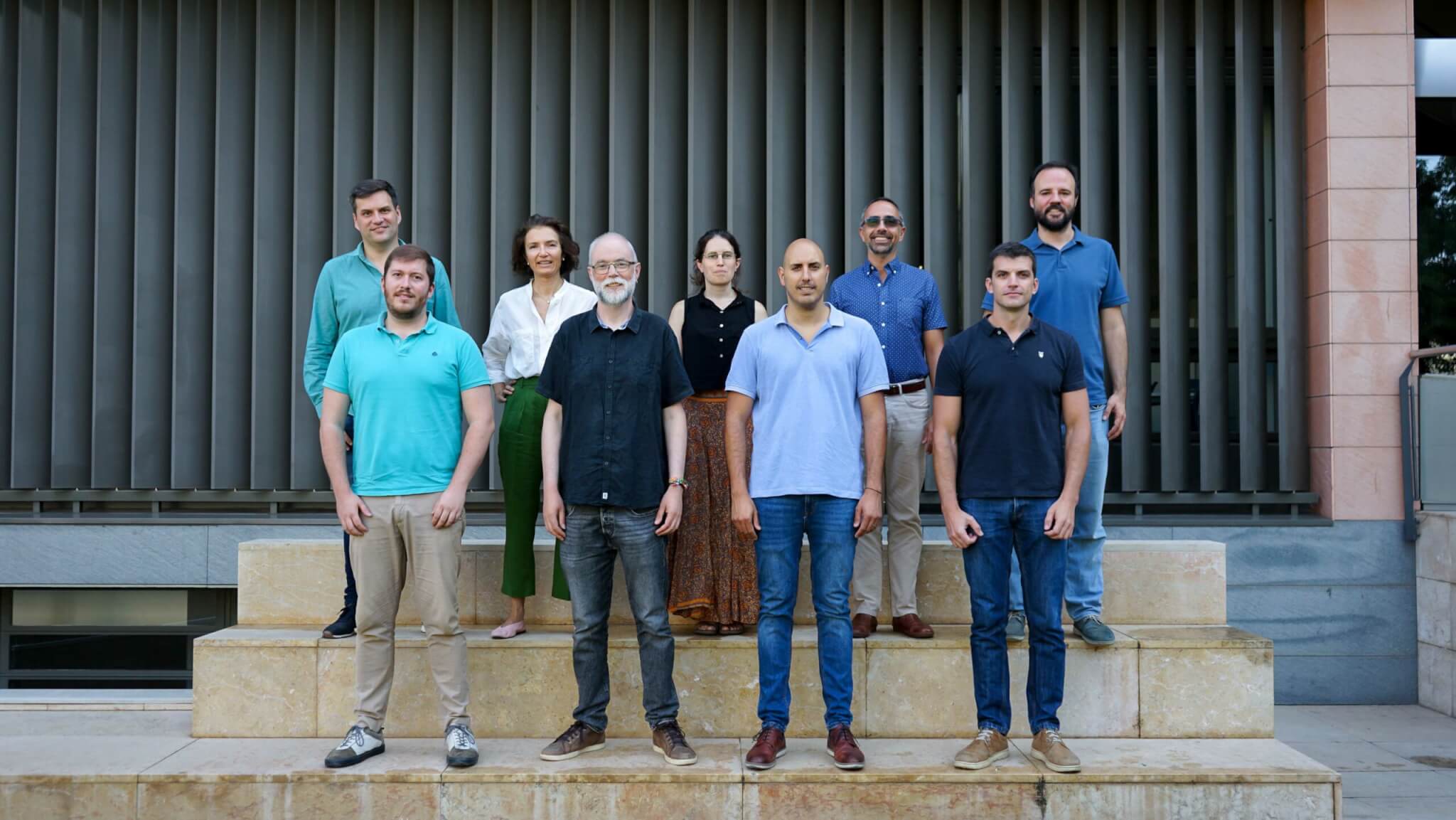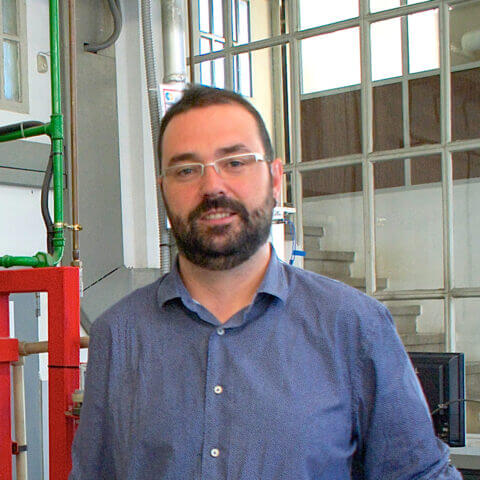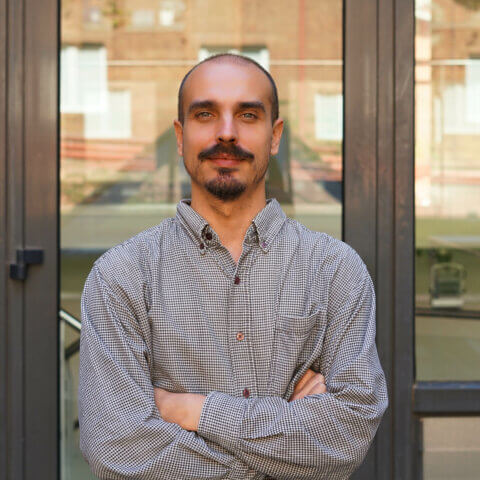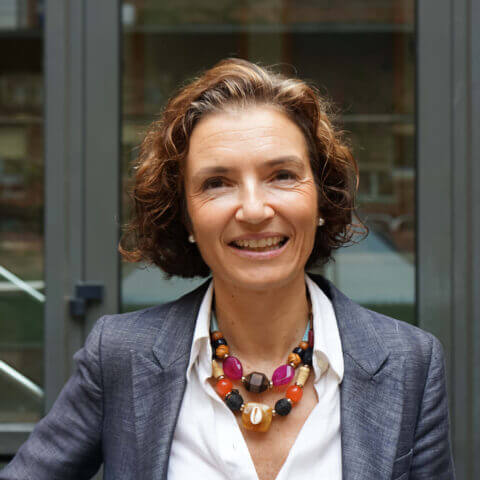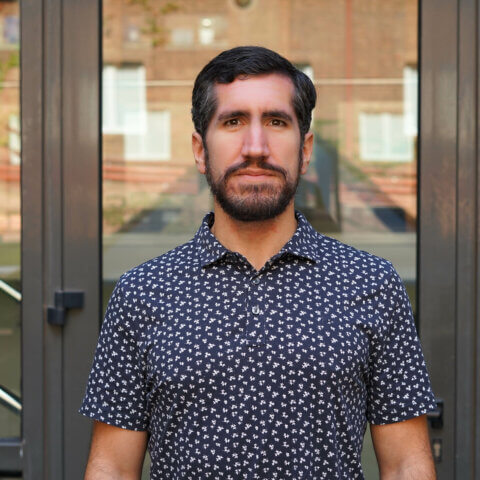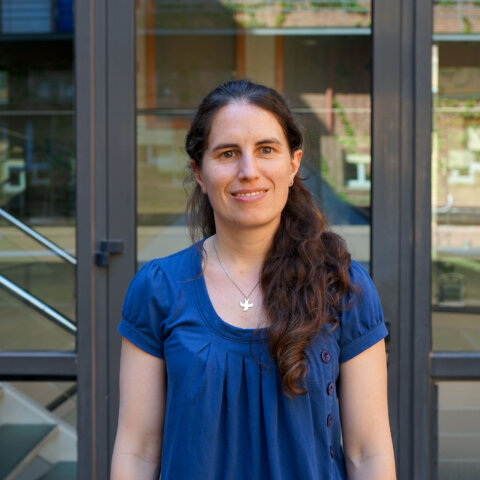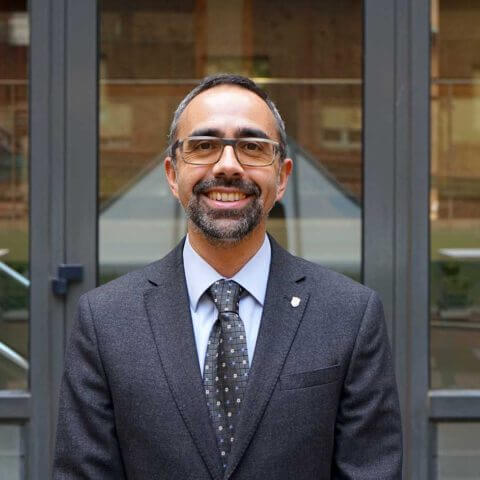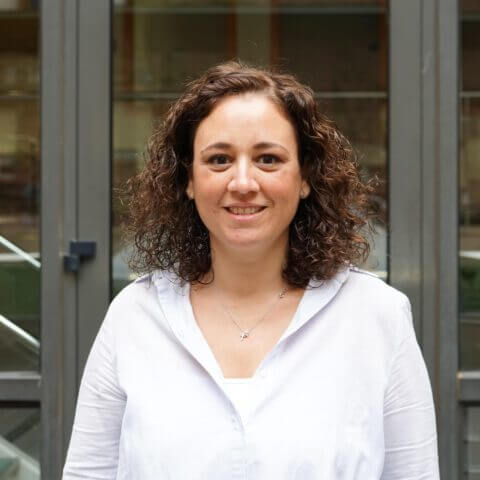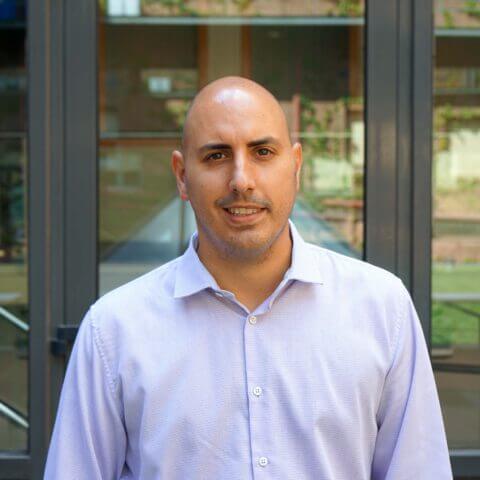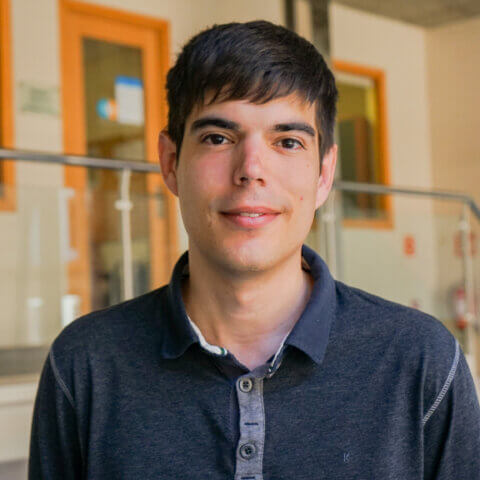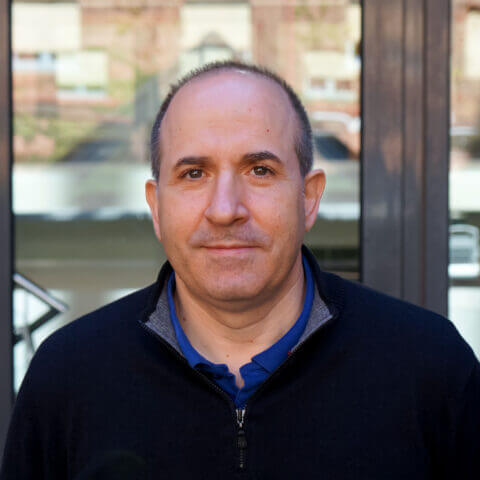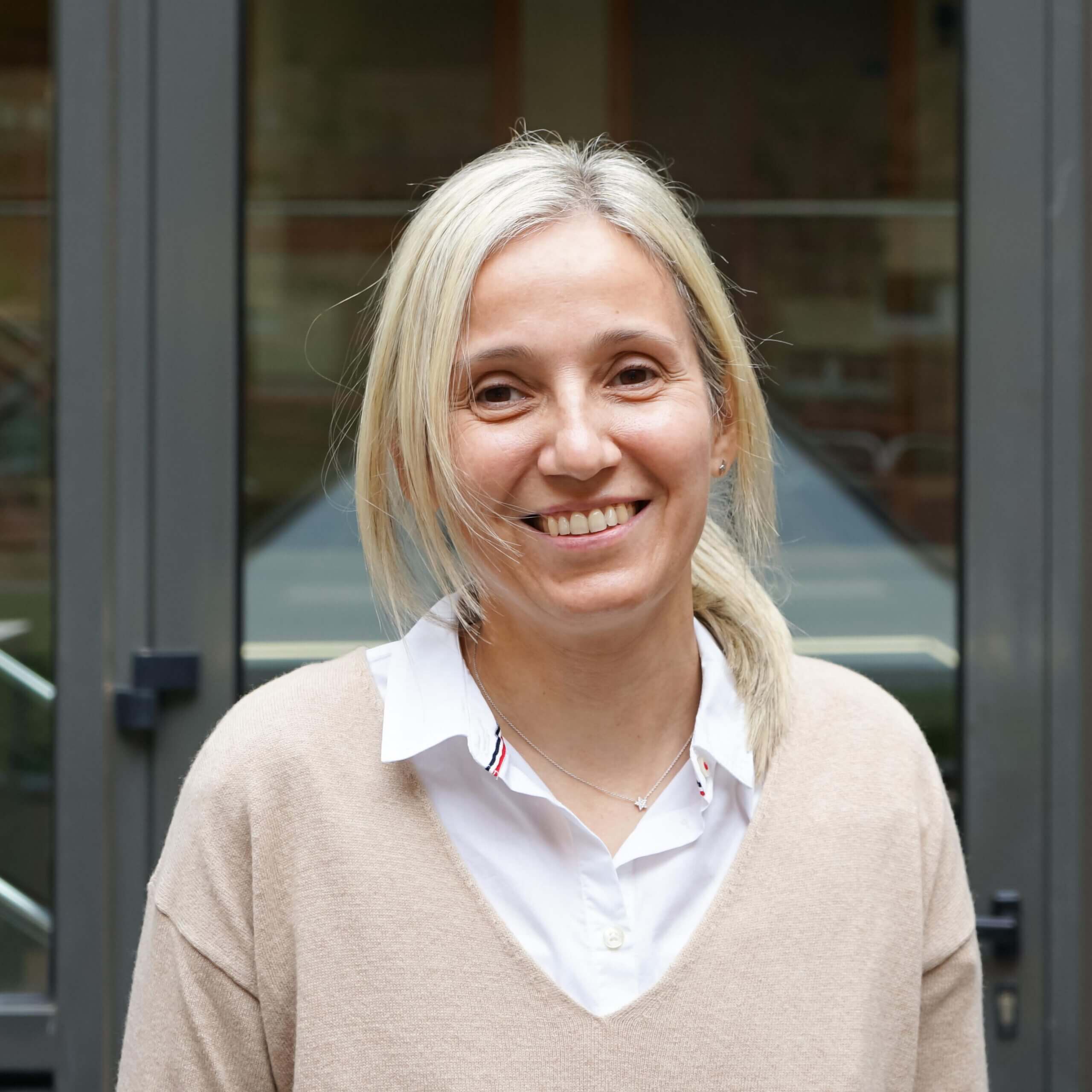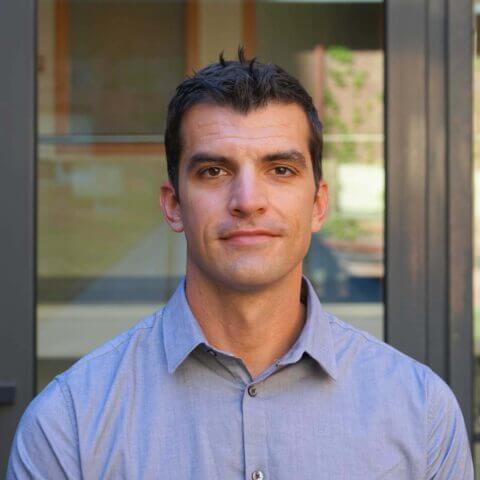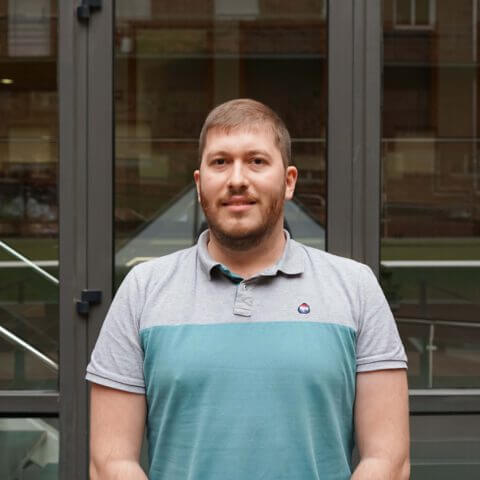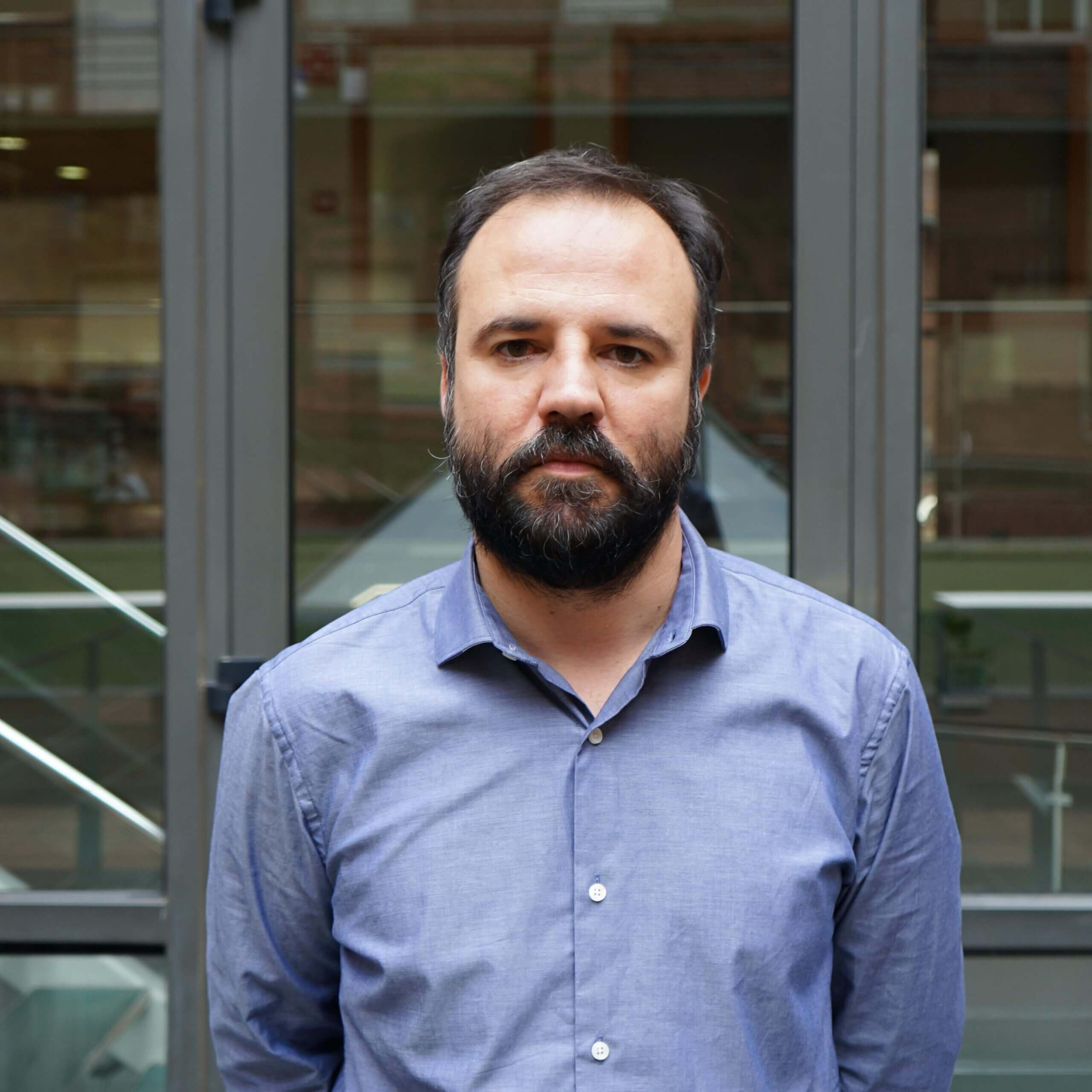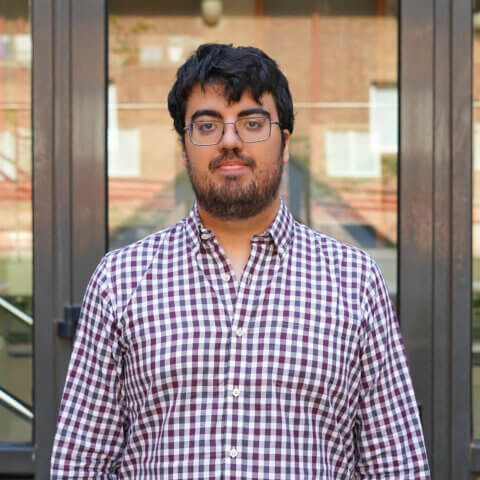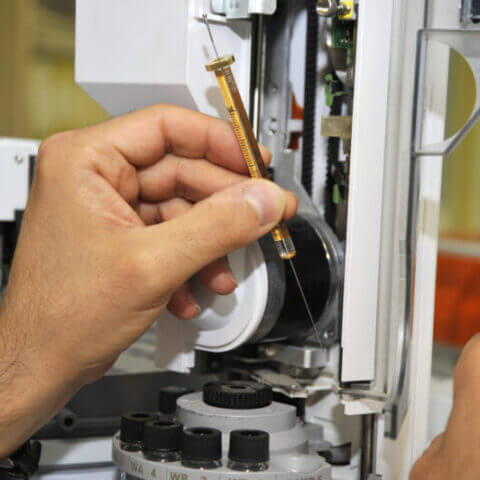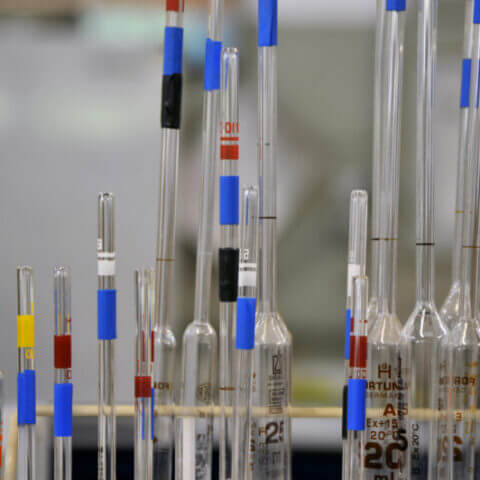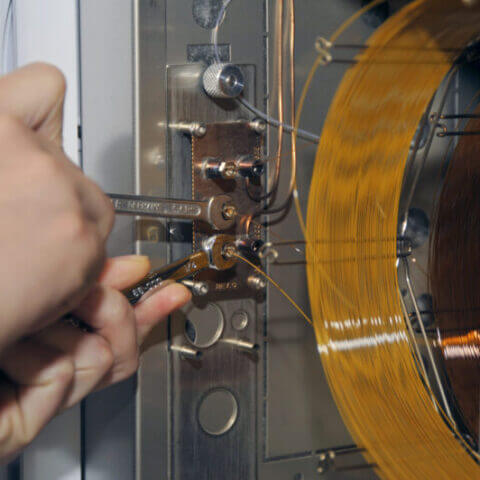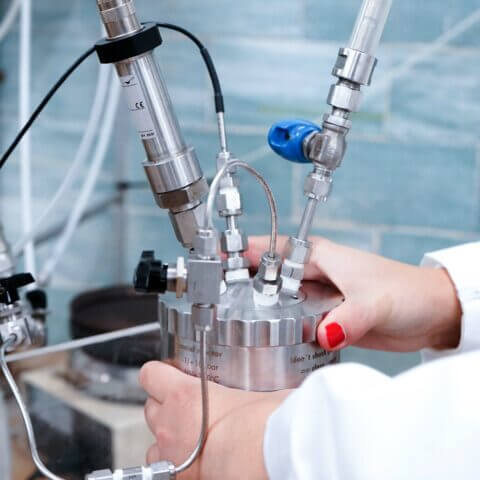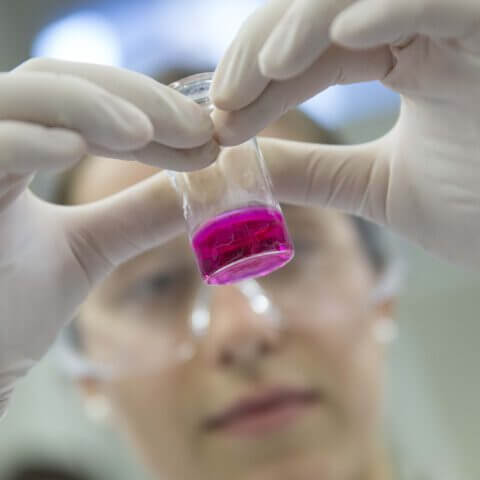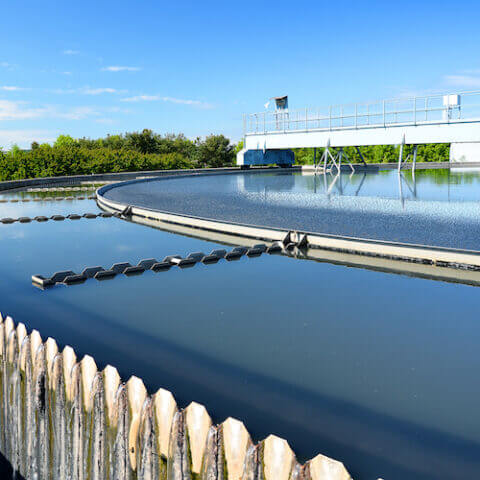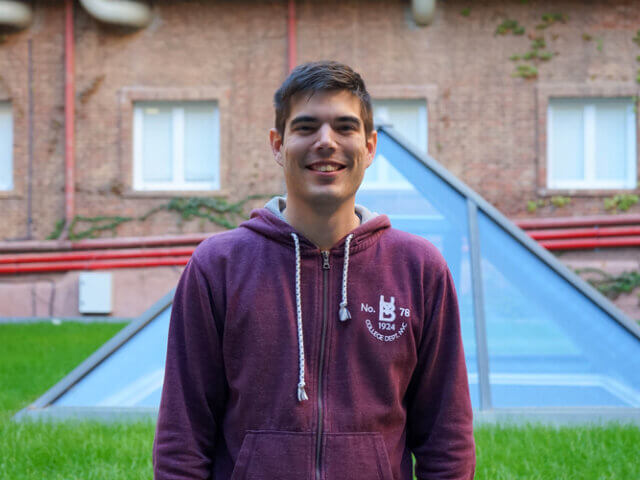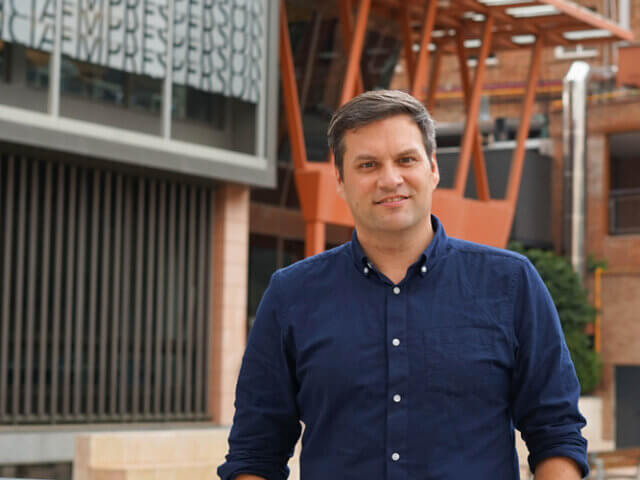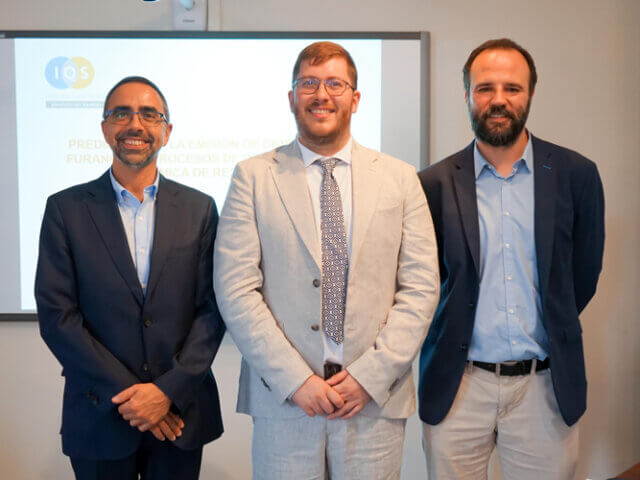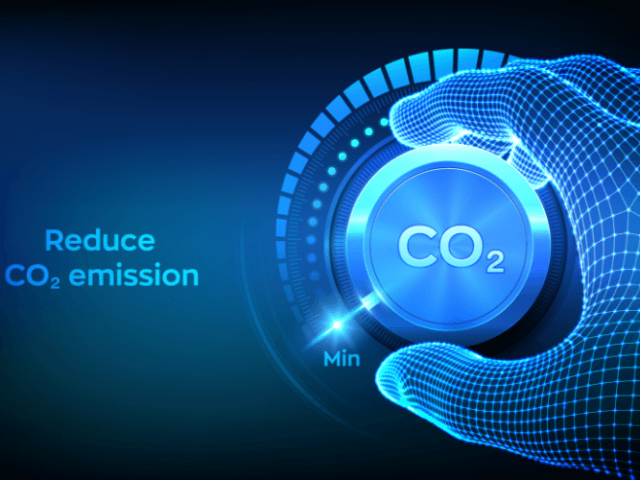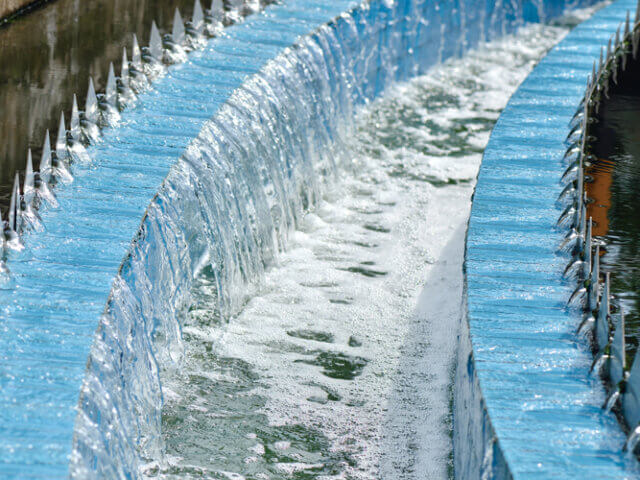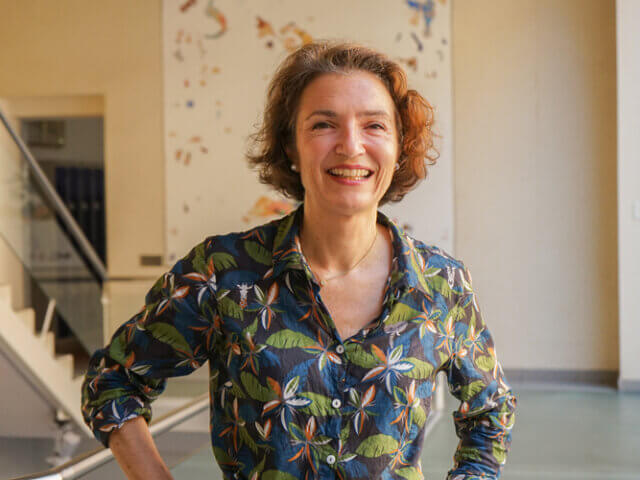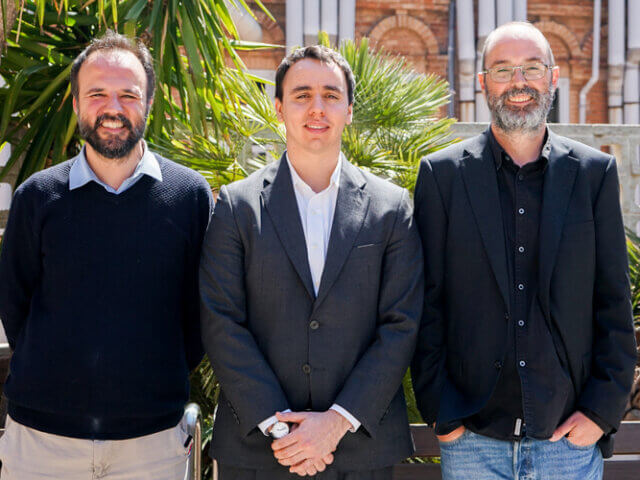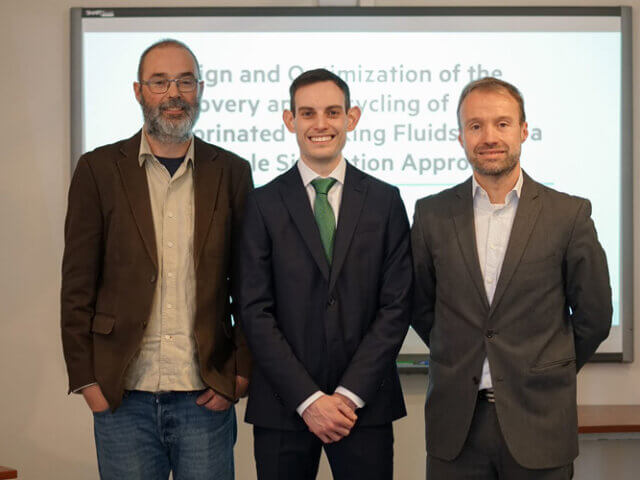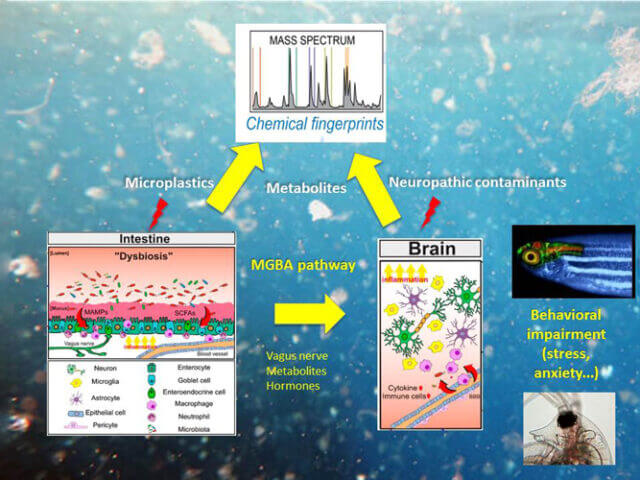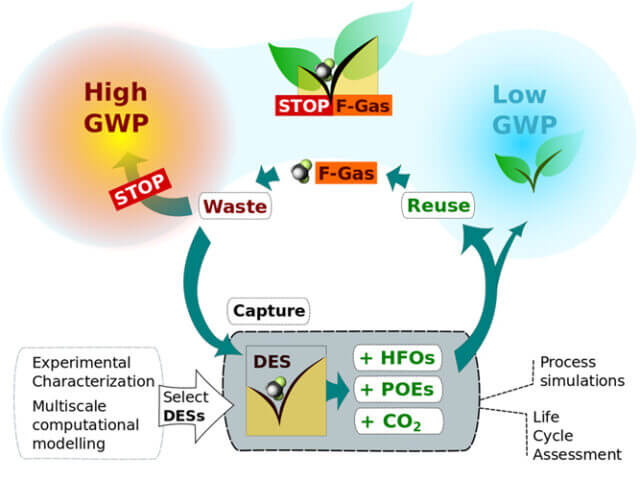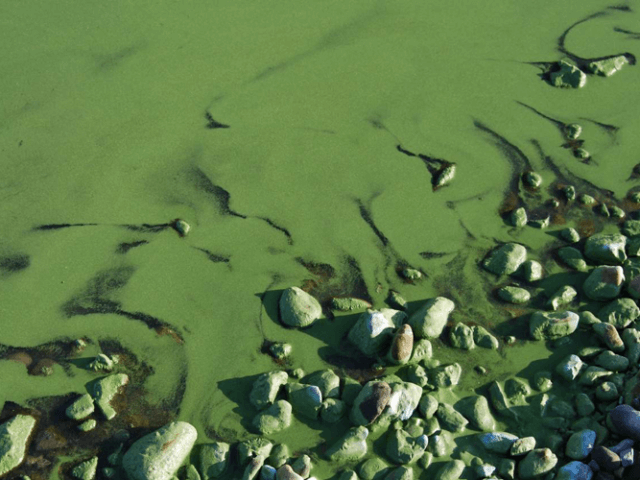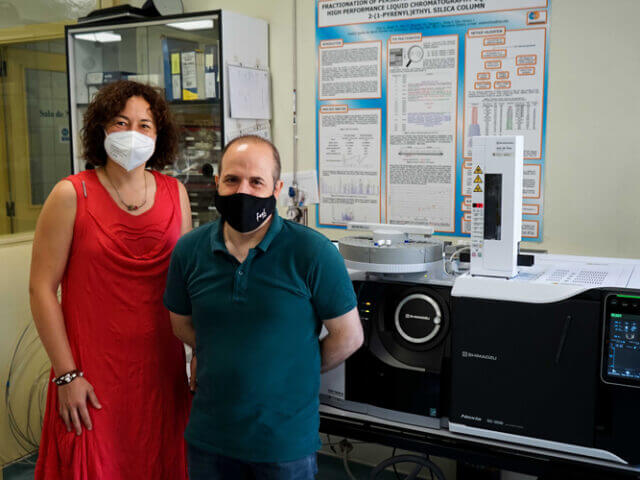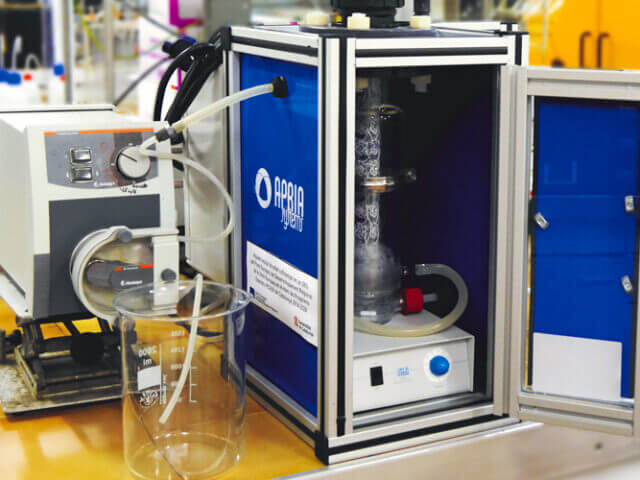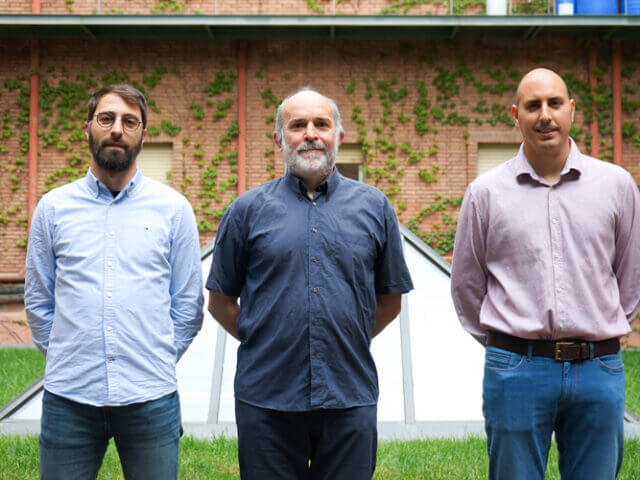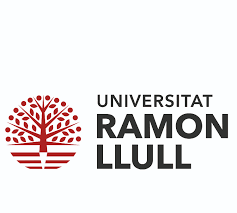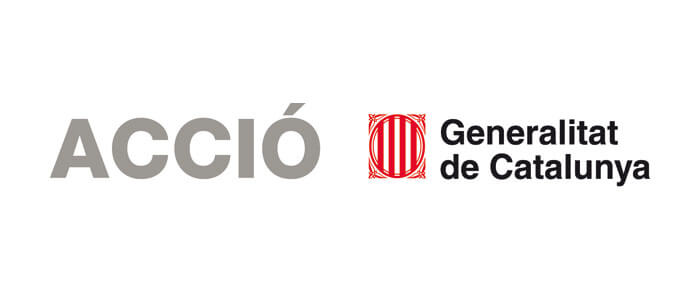Engineering and Simulation of Environmental Processes Group
(GESPA)
2021 SGR 00321
GESPA’s research is focused on the topics of environmental sustainability from a transversal perspective. GESPA is a consolidated research group by the Catalan Government (2021 SGR 00321) and consists of a multidisciplinary team of scientists who combine chemical engineering, biotechnology and advanced chemical analysis with a theoretical-experimental approach to improve the sustainability of our society.
The aim is to respond to the current challenges of society: climate change and decarbonization, water scarcity, circular economy and sustainability.
The main research lines of the group are:
- Mitigation of the impact of greenhouse gases. Capture and conversion of CO2 through adsorption, catalysis, plasma and radiofrequency processes. Study of the recovery and reuse of fluorinated gases using new alternative solvents and adsorption.
- Sustainable technologies for water reuse. Development of new advanced oxidation, adsorption, biological and membrane processes focusing on the elimination of persistent and emerging organic pollutants and antibiotic-resistant bacteria.
- Circular economy and energy sustainability. Prediction of the formation of dioxins in waste recovery processes, analysis of the impact of electrification on the automotive industry and development of new materials and applications from agro-industrial waste.
- Sustainability analysis and process enhancement. Use of different tools such as life cycle analysis (LCA), process simulation and computational fluid dynamics for environmental process enhancement. Application of flow chemistry for the improvement and optimization of the sustainability and safety of chemical processes.
- Analysis of emerging and persistent contaminants. Analysis in different environmental matrices of pharmaceutical compounds and persistent organic pollutants, as well as other emerging substances such as cyanotoxins and microplastics. Development and application of omics and chemometric techniques for the study of the effects of pollution.
- Environmental microbiology. Analysis of pathogenic microorganisms, detection of bacteria and resistance genes by molecular biology and qPCR, respirometry assays, toxicity and biodegradability tests.
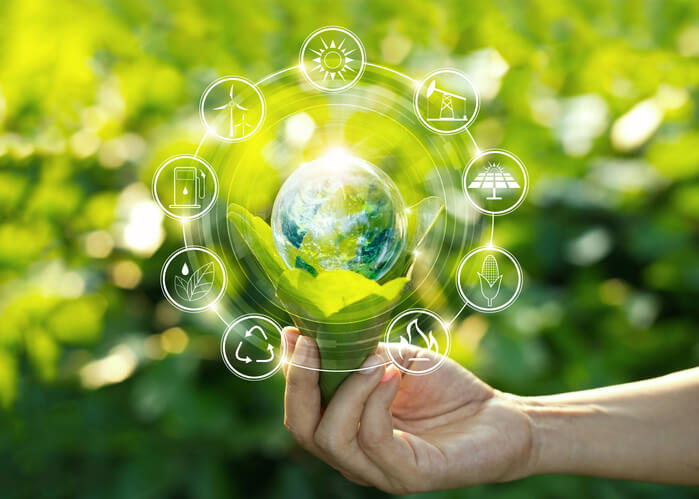
In this environment, GESPA carries out its RD and technology transfer activities in the following areas:
- Circular Economy: CO2 capture and use, water reuse, development of bioplastics
- Sustainability analysis: Life cycle analysis, carbon footprint and water footprint
- Digital Twins: Simulations of sustainable processes
- Biodegradability analysis of solid waste
- Evaluation of the bactericidal and fungicidal potential of irradiation technologies
- Advanced chemical analysis: Chromatography and mass spectrometry for ultra-trace level determination of persistent and emerging contaminants in environmental and food matrices
COORDINATOR:
MEMBERS:
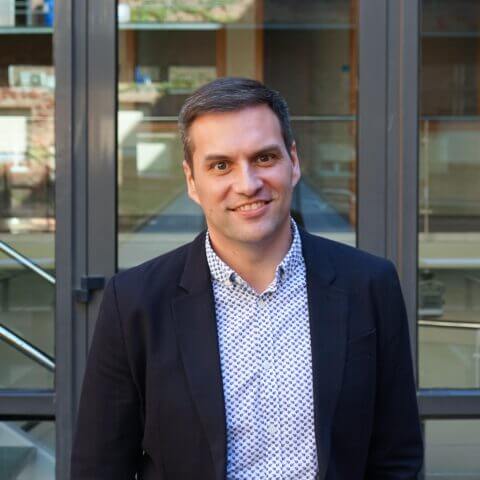
Javier Fernández García, PhD
EXTERNAL COLABORATORS
Fèlix Llovell, PHD
Universitat Rovira i Virgili
Anett Georgi, PHD
UFZ Centre for Environmental Research
Jordi Pujol, Mr
GASN2
Demetrio Raldúa, PHD
IDAEA-CSIC
Carlos Barata, PHD
IDAEA-CSIC
Rene Shahmohamadloo, PHD
University of Guelph
Daniel Beach, PHD
National Research Council of Canada
Prof. Kwang Choy
University College London
Enrico Andreoli, PHD
Swansea University
Selina Ambrosi, PHD
Promethean Particles
Xavier Mundet, Mr
Atlas
Humbert Salvadó, PHD
Universitat de Barcelona
BUSINESS SOLUTION AREAS
LINKED NEWS
LATEST PROJECTS
RFC + PU (Integrated RadioFrequency heated CO2 Capture and Plasma Utilisation)
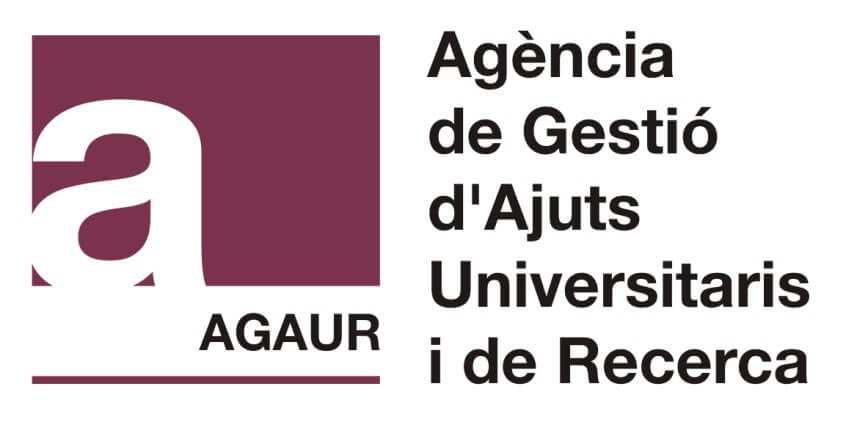
OPTICCU (Optimization of a carbon capture and use technology in the food industry)

PrecisionERA (Metodologías de alto rendimiento basadas en análisis dirigidos/no dirigidos de huellas químicas de mezclas de contaminantes en agua y de metabolómica en organismos acuáticos)


